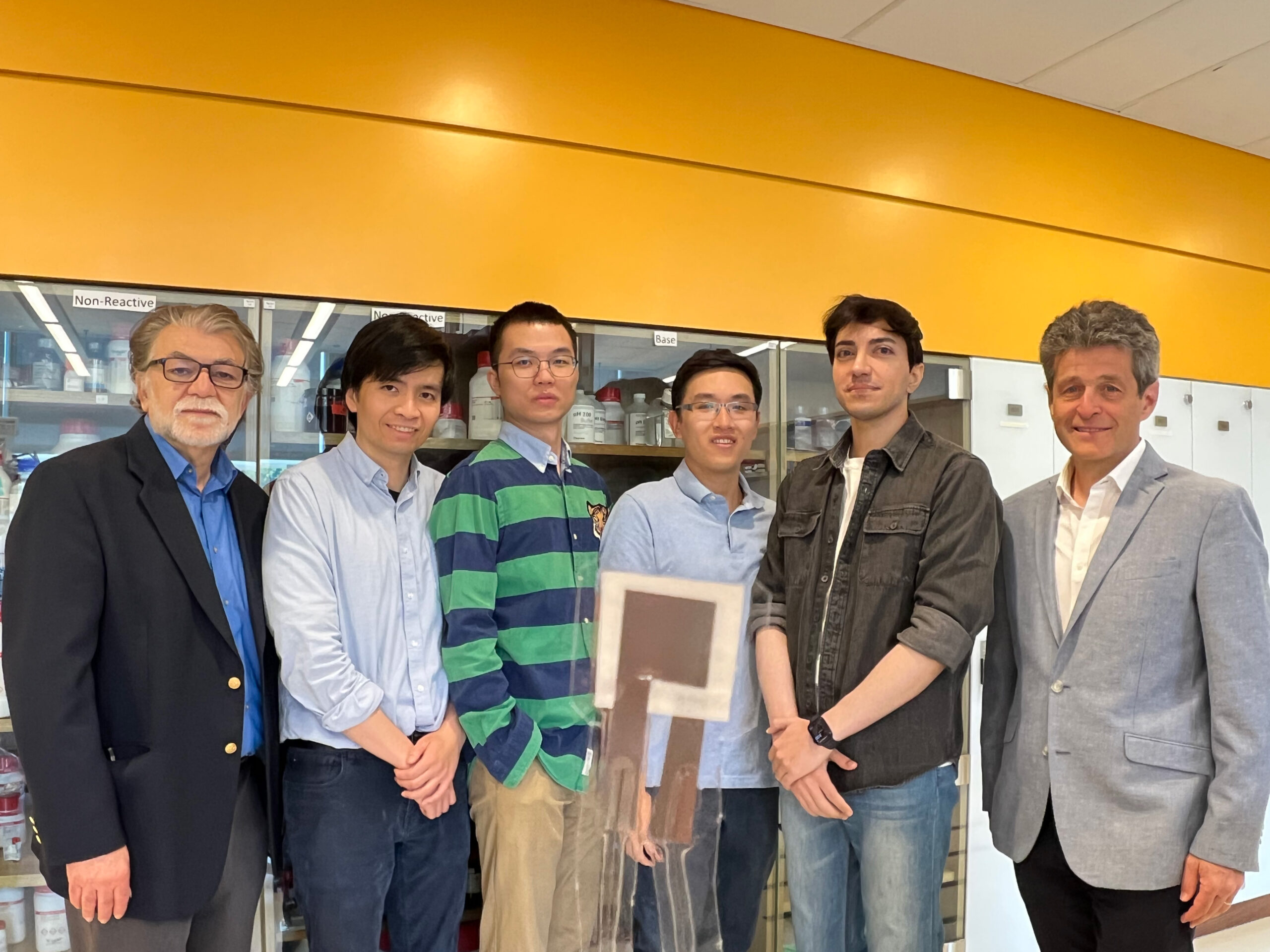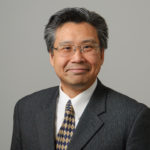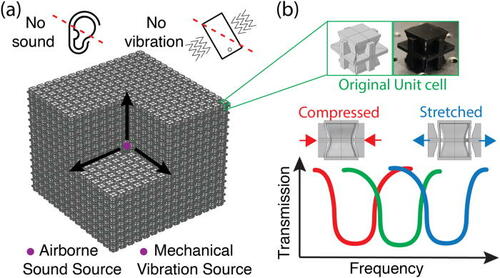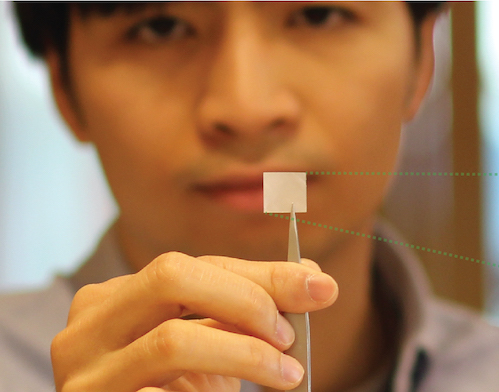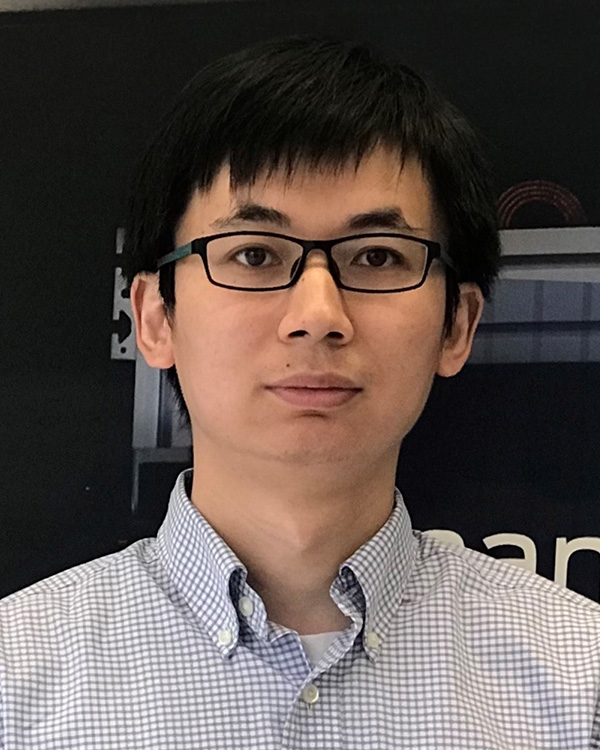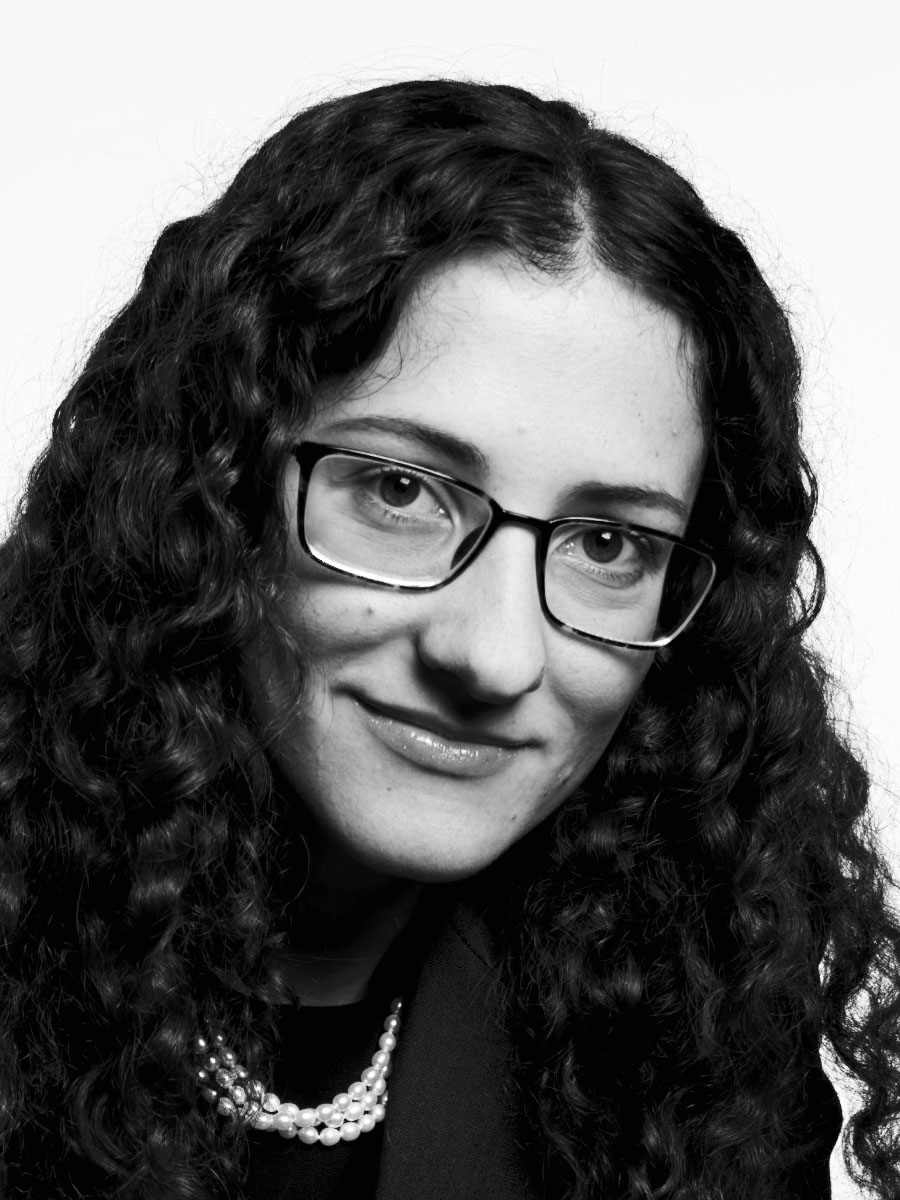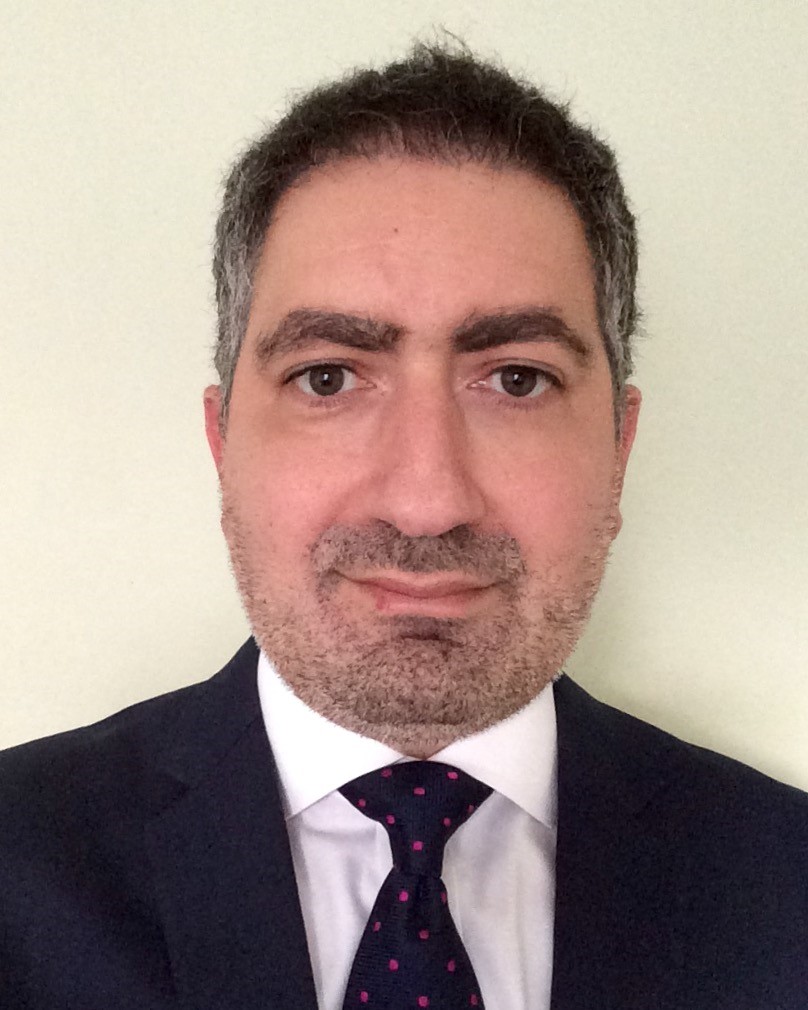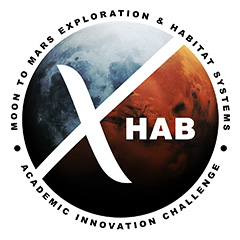 UCONN has been selected as one of six universities to participate in NASA’s 2022 Moon to Mars eXploration Systems and Habitation (M2M X-Hab) Challenge. NASA’s selection, in partnership with the National Space Grant Foundation, will develop innovative design ideas that will help NASA advance and execute its Moon to Mars exploration objectives.
UCONN has been selected as one of six universities to participate in NASA’s 2022 Moon to Mars eXploration Systems and Habitation (M2M X-Hab) Challenge. NASA’s selection, in partnership with the National Space Grant Foundation, will develop innovative design ideas that will help NASA advance and execute its Moon to Mars exploration objectives.
This year’s winning M2M X-Hab Challenge teams will design, manufacture, assemble, test, and demonstrate functional prototype subsystems and innovations that enable increased functionality for human space exploration missions.
Profs. Vito Moreno and Jason Lee are leading the charge at UCONN in collaboration with Jorge Paricio Garcia and Ed Weingart, the Co-Directors of the UCONN Krenicki Arts and Engineering Institute, Patrick Kumavor (Biomedical Engineering), and Christopher Sancomb (Art/Industrial Design). The multidisciplinary concepts that they submitted will be developed into proof of concept 1/6-G suited prototypes to be applied in field environments. The first design will use weather balloons and drones and associated control and feedback software with a wearable harness. The weather balloon will offset the analog astronaut’s weight, while the drone and sensors will fine-tune responses to movements, produce a lifting force needed to simulate reduced gravity, and keep the balloon hovering above the astronaut. The second design, using the NASA ARGOS concept as a base, will incorporate a mobile platform that moves with the individual, and a counterweight system to simulate reduced gravity. Both projects will be an important element of the Senior Design projects for the departments of Mechanical Engineering as well as Biomedical Engineering in collaboration with the Industrial Design and Fine Arts programs. A diverse student team will also work with Aquiline Drones (Hartford) and Wallingford K-12 Public School’s Center for Innovation and Design: An Aerospace Experience to Mars.
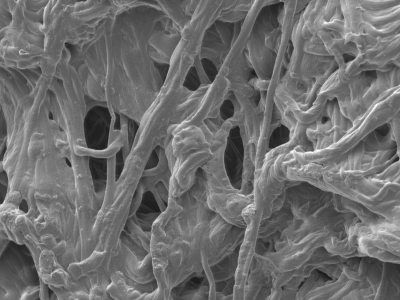 Researchers from the School of Mechanical, Aerospace, and Manufacturing Engineering in UConn’s College of Engineering, pursue groundbreaking research to understand the impact of aging-related physicochemical modifications on the structure and function of elastin, a vital protein that imparts elasticity and recoil function to many connective tissues in the human body, including within elastic arteries. These modifications play a significant role in age-related diseases such as diabetes, motivating the importance of studying elastin’s behavior in aging arteries.
Researchers from the School of Mechanical, Aerospace, and Manufacturing Engineering in UConn’s College of Engineering, pursue groundbreaking research to understand the impact of aging-related physicochemical modifications on the structure and function of elastin, a vital protein that imparts elasticity and recoil function to many connective tissues in the human body, including within elastic arteries. These modifications play a significant role in age-related diseases such as diabetes, motivating the importance of studying elastin’s behavior in aging arteries.